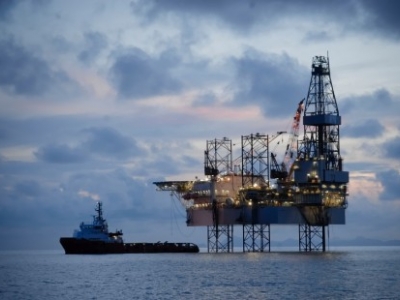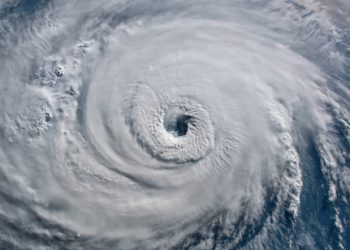U.S. Chemical Safety Board against Transocean
A dispute over the authority of U.S. accident investigators heads to federal court here Wednesday, in a case pitting the U.S. Chemical Safety Board against Transocean Ltd., the owner of the Deepwater Horizon drilling rig.
The House Energy and Commerce Committee asked the board, which investigates industrial accidents, to investigate the explosion aboard the Deepwater Horizon two years ago that killed 11 workers and unleashed a massive offshore oil spill.
But Transocean says the agency has no powers offshore in the Gulf of Mexico and has been ignoring its subpoenas. Last October, the Justice Department filed suit against the company on behalf of the board. Arguments in the case will be heard Wednesday afternoon.
If the courts affirm the agency’s jurisdiction, the board is likely to become more involved in offshore oil and gas installations. The board, which doesn’t issue regulations, now conducts investigations onshore. Offshore operations are regulated by the U.S. Coast Guard, the Department of Interior and the Environmental Protection Agency.
The chemical board says it has a role to play in the aftermath of Deepwater Horizon, because it is focusing on the explosion aboard the rig, not the subsequent spill or its environmental impact. The investigator in charge of the case, Donald Holmstrom, led the probe into the 2005 blast at BP PLC’s Texas City refinery.
The board says its purview extends to federal waters because the Transocean rig and the well it drilled for BP were a large industrial operation in an area that is indisputably a U.S. territory.
Although the chemical board cannot impose rules on companies, “they do have a strong bully pulpit,” said George Wilkinson, a lawyer with the Houston-based law firm Vinson & Elkins, who isn’t involved in the dispute.
Starting in mid-2010, the agency began asking Transocean for documents describing its safety practices, worker schedules, rig designs and management processes, and sought to interview key witnesses.
Unlike most other companies involved in the incident, Transocean declined to provide requested information except contact information for lawyers representing Transocean employees, the agency’s managing director, Daniel Horowitz, said in an interview.
Mr. Horowitz said that “the CSB investigation will go deeper into issues of major accident prevention,” seeking to establish what sort of industrial standards and procedures should apply to the offshore-drilling industry.
Transocean has declined to comment publicly on the case. But it said in court filings that it “should not be subjected to the burden of responding to the CSB’s subpoenas,” especially when other agencies have thoroughly investigated the accident.
Source: The Wall Street Journal, Angel Gonzalez






























































